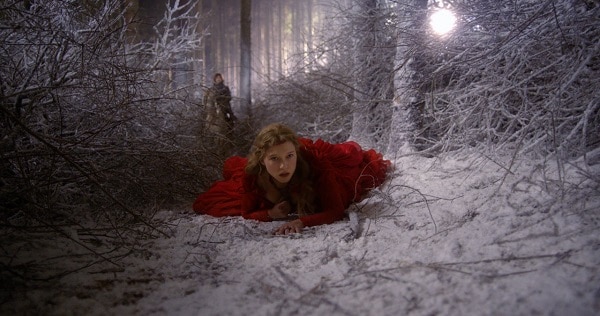Competition screening - review - BOYHOOD by Richard Linklater
 Boyhood took over a decade to make. For this film, Linklater assembled the same cast from 2002 to make what is now one of the most touching and ambitious portrayals of its titular theme. In this film, we follow the like of a kid named Mason, from age six to when he leaves home.
Boyhood took over a decade to make. For this film, Linklater assembled the same cast from 2002 to make what is now one of the most touching and ambitious portrayals of its titular theme. In this film, we follow the like of a kid named Mason, from age six to when he leaves home.
We literally see him growing physically and mentally, as the different array of good or bad experiences unfold throughout his life and help him to grow. When we are first introduced to him, he is innocently gazing at the sky, apparently lost in his own thought. From then on, we embark on the journey of his life in which director Linklater once again stretches the boundaries of filmmaking and once again whilst retaining a human and organic approach.
We can only imagine the countless difficulties that he would have had to overcome in making Boyhood. Just think of all the changes that took place in the film industry since 2002, such as its radical digitalisation – twelve years is, after all, a very long time. But it would also be interesting to find out more about how the film was actually structured according to the real lives of any of the members of the cast. Take for instance that, god forbid, something would have happened to the focal element of the film Ellar Coltrane. Not to mention that continuity must have been a nightmare! Still, despite all this, Linklater himself continued dishing out an incredibly array of films that would make his name all the more respected in the worldwide cinematic panorama.
It would be easy to see this film as a filmmaker’s ultimate singular vision, as well as a Dr. Frankenstein-like experience in which he gives birth to and moulds his own creature on the screen. Hence in a strange parallel way also chronicles the lives of the cast that performed the main parts throughout the years, including Ethan Hawke and Patricia Arquette in their respective roles as the boy’s separated mother and father. But it is precisely because of the commitment of director, cast and crew that it would perhaps be more right to define this as the singular and ambitious vision of one filmmaker, but also an incredible collective effort between cast, crew and director.
 Despite the scale and importance of the film, its humanity remains the key to the film’s success. In other words, it avoids feeling like a gimmick film, like the eccentric and childlike project of a self-indulgent filmmaker. In a way, since the film was announced in 2002, there was always a feeling of Boyhood ending up being either incredibly rewarding and touching or a disastrous flop.
Despite the scale and importance of the film, its humanity remains the key to the film’s success. In other words, it avoids feeling like a gimmick film, like the eccentric and childlike project of a self-indulgent filmmaker. In a way, since the film was announced in 2002, there was always a feeling of Boyhood ending up being either incredibly rewarding and touching or a disastrous flop.
Yet, the film’s flaws seem only to be linked to the leading character’s own imperfections. In other words, thankfully, Linklater’s vision is not a patronising and clichéd universal representation of the process of growing up – it is the singular story of an individual and as such he does not represent an archetype but a real human being with his own characteristics and distinctive traits. Various pop culture references provide a feeling of nostalgia that will go down well on anyone watching the film, and in this sense Boyhood becomes a rather interactive experience. The unhurried pace reminds us that life is long, yet it is just as short. The performances are excellent. And as we see Mason and the people around him trying to deal or make any sense out of the chaos of existence, it is inevitable for a viewer to ask himself or herself questions about the joys and pains of life.
RELATED ARTICLES
MORE REVIEWS FROM THE 64th BERLINALE
64th Berlinale - Panorama screening - review - DIFRET by Zeresenay Berhane Mehari


